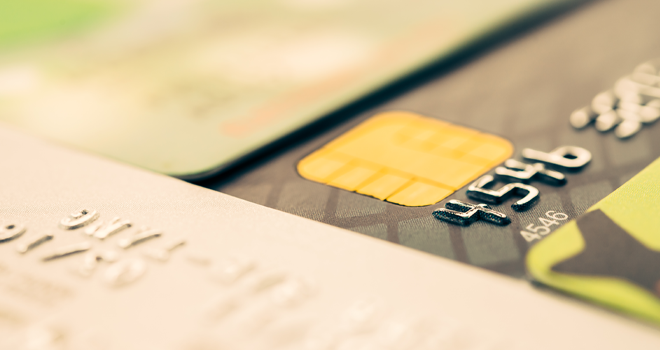With South Africa in lockdown, many consumers have a lot of questions about their financial well-being and what certain decisions will mean to their future. Questions like “What if I don’t pay my home loan this month?” or “can I afford my car instalment?” are all highlighted as top of mind while banks grant payment holidays to those who can’t afford their monthly expenses right now. The big question is what this means for the financial future and whether non-payment now will have an effect later on?
According to TransUnion’s latest Q4 2019 South Africa Industry Insights Report, consumer debt balances have increased sharply in the past 12 months, as growing numbers of consumers turn to unsecured credit, including credit cards and personal loans, to cover everyday expenses. With the report showing delinquencies on the rise, many people are struggling to make repayments on their debts.
“This report provides a view of the state of the consumer credit market in the latest quarter prior to the outbreak and spread of COVID-19 in South Africa,” Carmen Williams, director of research and consulting for TransUnion South Africa, stated. “With COVID-19 changing the economic and consumer landscape at pace, the Q4 2019 IIR provides a benchmark for the last full quarter before the impacts of the pandemic start to be felt and understood. We expect future quarters will show additional strain as the effects are realised.”
The Q4 2019 report indicates that:
| ● | the total outstanding balances and new account originations increases for all major consumer lending categories; |
| ● | bank personal loans pass credit cards to become the most widely held major consumer lending product and |
| ● | non-bank personal loan originations return to growth helped by new market entrants. |
An infographic displays all these insights.
TransUnion also highlights three ways to manage your credit through the COVID-19 pandemic, and beyond – a valuable piece to share with your client.



